Hell yeah! This is actually a great way to lose weight (you’ve got to eat right as well).
If skateboarding comes naturally to you, you’ll soon be pretty good as long as you practice.
It’s true that there will be less endurance, less height when jumping, and more spending because you’ll be breaking things easily.
Your back will also hurt after big jumps and you’ll break and spring your legs a lot.
But nothing can take the fun away from you!
Things that Overweight Skate Enthusiasts Can’t Do With a Skateboard
1. Can’t accelerate like a slim person
You obviously can’t speed up like a thin skater.
Yes, you can build a great momentum when you go down a hill but that momentum can turn into fatal injuries if not controlled.
There’s no doubt a skinny physique makes both launching and stopping the deck a lot easier.
2. Doing tricks is risky
Tricks are great for burning calories but they are hard on your knees. You want to prevent any possibility of damage to your knees and other joints so you don’t suffer later in life.
You may also not be able to do all the tricks and may be breaking the board frequently if you keep landing incorrectly.
Your best option is to cruise on the board or try skating transition before you lose some weight.
3. Possible health risks
Fractures
You surely know your feet are more prone to injuries than other body parts if you’ve been skating for some time.
You may snap the deck and hurt your legs. Pay attention to your ankles when you land. Sprains are severe when you roll ankles on a kickflip.
If you’re on the heavy side, you’re more likely to experience the following conditions:
- Bone spurs
- Plantar fasciitis
- Fractures
- Achilles
4. Physical discomfort
Overweight people tend to have wider ankles and may experience chafing with the wrong-sized skates. Even thinner skaters are not safe.
A good pair of socks can help a little but you need to find out the right skateboard size for you.
5. The feeling of being left out
Some may make fun of you that may have an impact on you. Some days you may not feel like doing your best though nobody has the right to rob you off the fun.
Always remember the saying – a lion is never bothered by the opinions of some sheep.
Can Fat People Avoid Skateboard Damages?
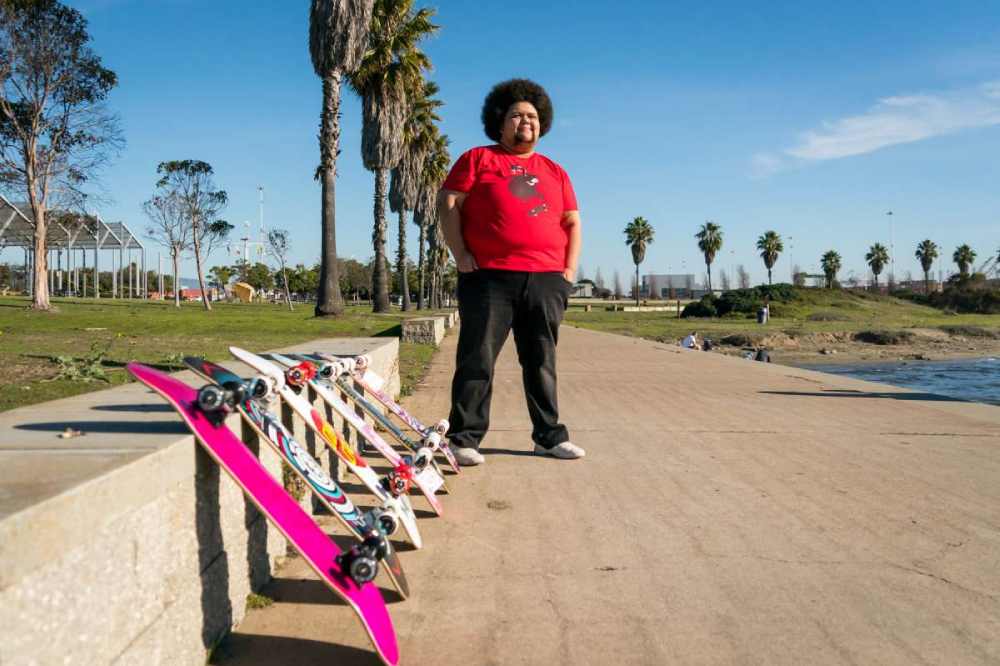
Pro skaters break their boards regularly, sometimes 2-3 times a week.
Only the right foot placement and knee bends can save you. Otherwise, you’re doomed to spend money on new boards (or on medical bills) every once in a while.
Learn to land right
Distribute your bodyweight evenly across both sides of the board when you land. This will help make sure the board would stay steady when you touch the ground.
Don’t forget to extend your knees to let some pressure off of the landing.
Skate with pro-grade decks
Pro-grade decks are good at absorbing damages and reducing the possibilities of physical injuries.
With professional grade decks, you can learn to balance the board and do some easy tricks like riding switch, basic ollie, drop-ins, manuals, kick-turns, and tic-tac.
Buy skateboards frequently
Visit local skate stores to get your boards. Skate shops have enough resources and know-hows that can help you make a really good choice.
They may also offer boards made of unique materials like bamboo or plastic.
How to Choose Skateboards for Fat People?
Deck construction
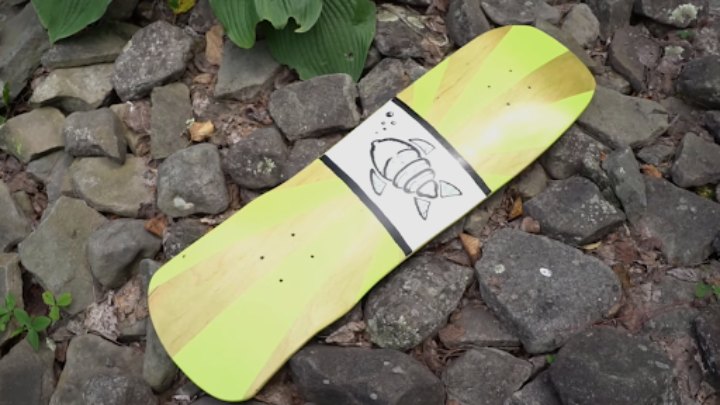
Fiberglass, North American maple hardwood, and bamboo are the best materials to handle heavy riders.
They are strong enough to take a lot of stress under pressure and the weight support gets better with more layers of wood or carbon fiber reinforcement.
Deck width

The wider your deck is, the easier it will be to balance. 8.25-8.5 inch wide decks are good for most heavy riders, you can use even wider decks if you need more control over your ride.
However, the wider your board is, the faster you’ll lose your energy. Wider decks require more energy to balance. That’s why finding the perfect width is important.
If you break your boards frequently, a fortified deck will serve you well. We don’t recommend a fiberglass reinforced deck as that can irritate your skin over time.
Deck length
Prioritize your comfort when you choose the deck length. You can find skateboards with a length between 28 and 33 inches. The shorter the deck, the more agile your ride will be. On the contrary, longer decks provide more speed and stability.
Weight limit
The weight limit of your skateboard depends on many things like the material used, deck size and width, how many layers were used. Of course you’ll also need strong trucks and wheels to distribute the weight evenly.
A general purpose skateboard can easily support an average rider. A rule of thumb for heavy skaters like me, the stronger the materials and wider the board is, the more weight it can support.
Regular skateboards can hold up to 270lbs and electrical ones can support up to 330lbs.
Wheels
Heavy riders will need bigger wheels on their board. Large wheels provide more grip and speed.
A durometer also comes in handy to find out the best wheels for you. The higher the durometer number, the harder the wheels will be. Bigger guys need harder wheels to support their weight.
We recommend wheels harder than 93A and bigger than 70mm to get the best results.
Trucks
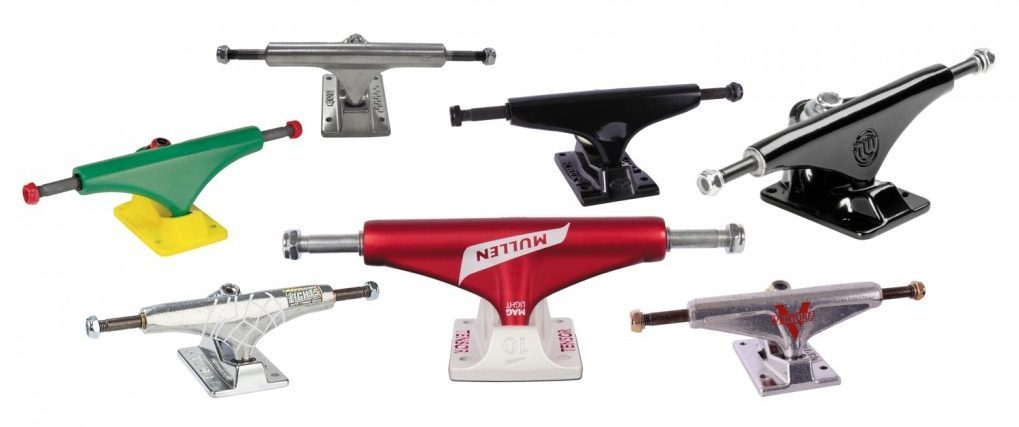
Your trucks need also to be strong enough to handle the extra weight. That’s why we recommend heavy-duty trucks.
Go for aluminum-based trucks as they are more durable and lightweight. 356.0 T6 aluminum trucks can hold up to 250 pounds of weight.
We also recommend that you use 40 degree angled skateboard trucks. That way, you’ll get the most speed and stability out of your skateboard. Trucks that have a titanium axle are the best choice.
Bushing hardness
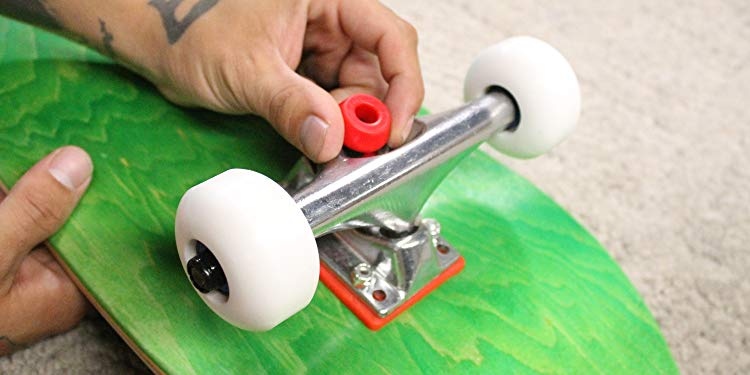
Bushings have different types but many of them are not appropriate for heavy skateboarders.
Fat people need harder bushings for a higher level of resistance during the ride.
The impact of heavyweight skateboarders can damage the polyurethane, making it loose. Check the table below to find the right bushing hardness for different weight segments.
| Weight (pounds) | 175 | 200 | 225 | 250 | 275 |
| Weight (KG) | 80 | 91 | 102 | 113 | 125 |
| Flexy | 87a | 90a | 93a | 95a | 97a |
| Medium | 90a | 90-93a | 93-95a | 95-97a | 97a |
| Stiff | 90a | 93a | 95a | 97a | 100a |
Why deck width is an important factor
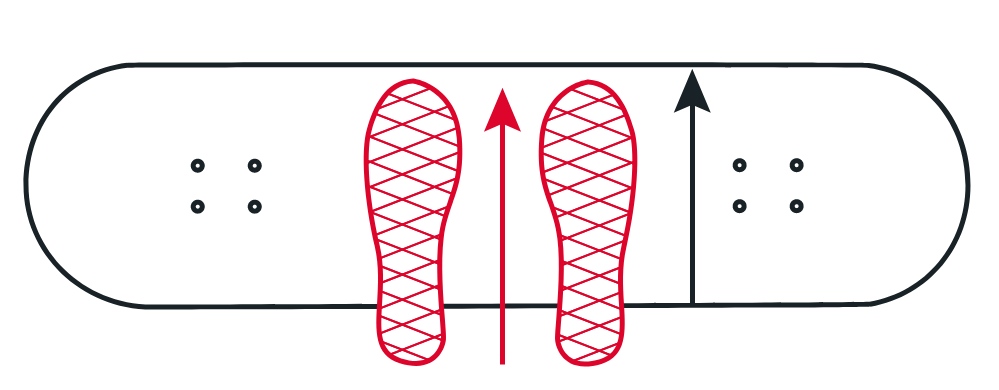
Your comfort level depends on how you handle the deck. A deck with a larger width allows your feet to rest on a larger space.
The normal deck width is between seven to ten inches. A 8.25 inches or wider wide board is ideal to distribute the weight of bigger riders like me.
The problem with wider decks is you may have a hard time doing tricks on the run. The wider your deck gets, the harder it will become to perform tricks and stunts. 8-8.5 inches wide decks provide the best value.
The best type of skateboard for fat people
If you are new to this and want a pre-built skateboard, A longboard is the best option to start skating for fat people.
You‘ll need a 9-inch or wider board, made from bamboo or premium quality maple wood. Carbon fiber reinforcements would be even better. 7-8 layered boards will be perfect.
If you want to learn tricks, we recommend you use a longboard/cruiser to improve your balance first and then move into a skateboard.
Don’t go for cheap boards. A skateboard from a trusted brand will serve you well.
Skateboard type and weight comparison
| Type | Deck Length | Weight Limit |
| Longboard | 32” – 58” | 260 – 300 Ibs |
| Skateboard | 28” – 33” | 220 Ibs |
| Pennyboard | 22” – 27” | 180 Ibs |
| Electric Skateboard | Around 38” | 200 – 330 Ibs |
FAQs
1. What is the maximum weight a skateboard can hold?
Ans. The maximum weight limit on skates is 272.3 pounds (123.5 kg) with speed, thrust and maneuverability. The max weight for longboards can be 300 pounds (136 kg), while skateboards with electric motors weigh around 300 pounds (149.7 kilograms).
2. Does skateboarding help lose weight?
Ans. Skateboarding is a great way to build physical strength and flexibility. This form of the sport involves many physical movements that help to burn lots of calories in a fun and stylish way.
3. Who is the heaviest professional skateboarder?
Ans. Professional skateboarders such as Big Ben Schroeder, Sean Sheffey, and Stu Graham are among the top players in skating. The weights of many skateboarders are hard to find but Big Ben Schroeder is noted as weighing 230lbs.
4. Why do my legs hurt after skateboarding?
Ans. Skateboarding puts a lot of pressure on the knees, ankles, and feet. This pressure can result in sprains and tendonitis in those areas. Symptoms are usually stiffness, swelling, and localized pain. If tendonitis is present for a long time it may turn into a sprain suddenly.
5. Should you skateboard at night?
Ans. Yes, you should. Nighttime skateboarding is considered good as night is the best time you can get for skateboarding. But you have to be properly prepared to practice at night.
6. How long should I skateboard a day?
Ans. There is no fixed time limit for skateboarding. You can do it as you wish but to improve properly you need to skate for 3 to 6 hours a day. You can go for more time if you have no problem after the end of that mentioned time.
7. How much weight can you lose skateboarding?
Ans. It highly depends on your total skating time and the effort you put into it. Generally, a normal skater may lose ½ to 1lbs of weight in a week. In terms of calories, it is 2100 to 3108 calories. For your info, 1lbs of fat is equal to 3,500 calories of energy.

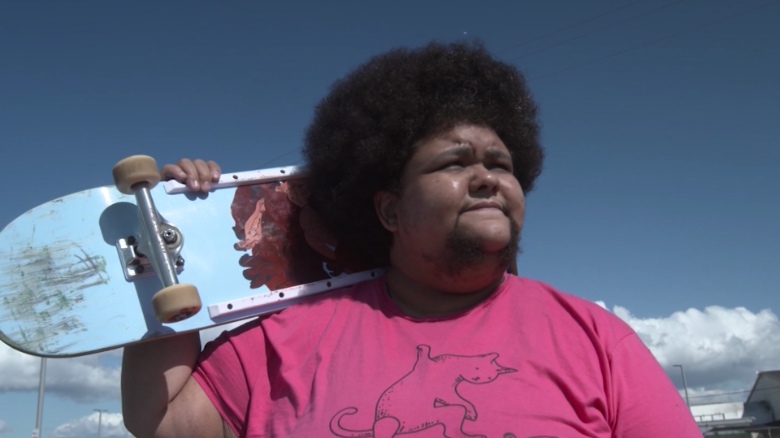
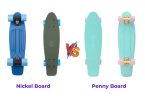
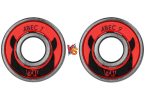
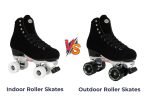
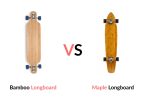
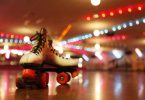
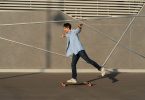
Leave a Comment